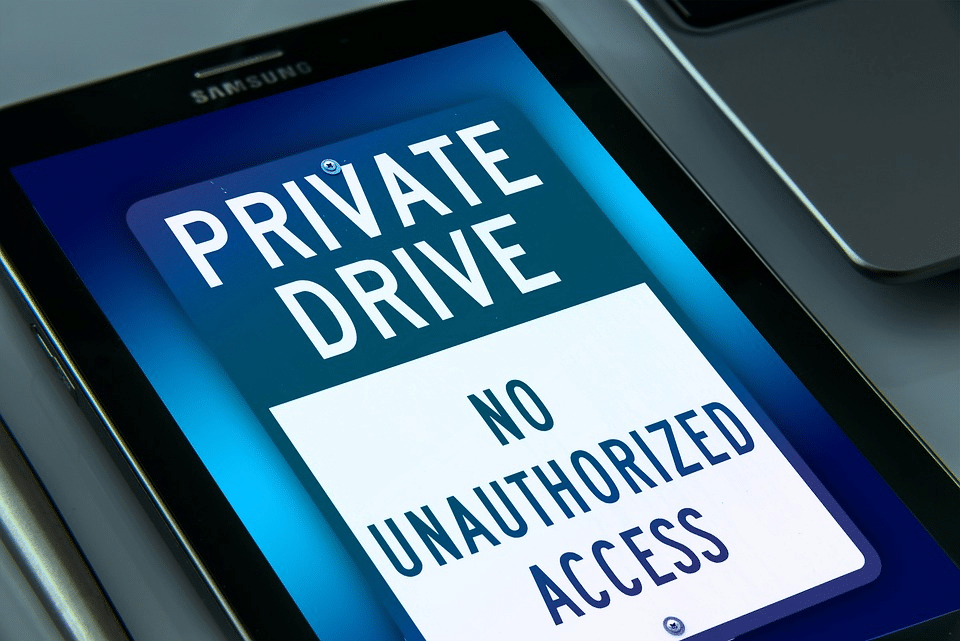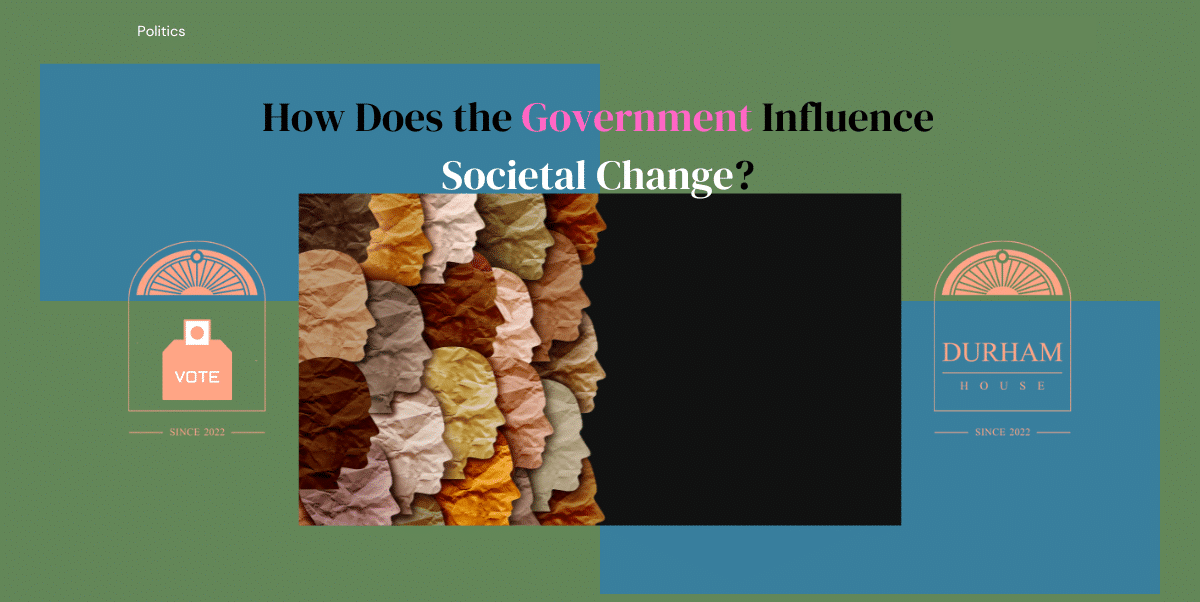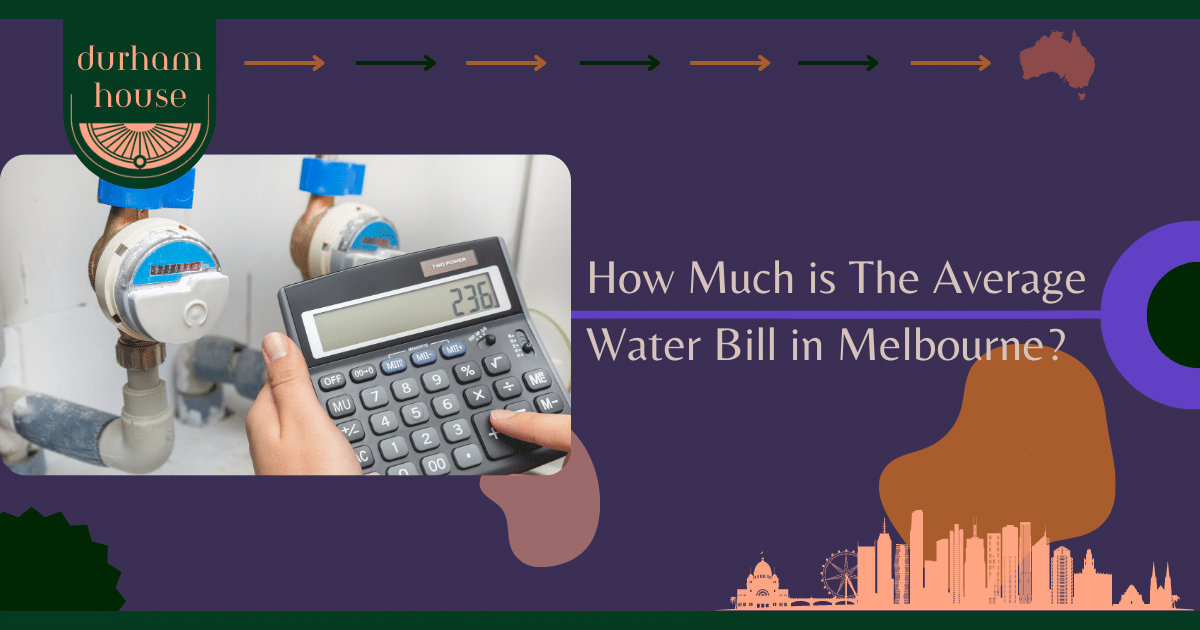Okay, let’s try a thought experiment. It’s a Friday night. You’re at home, thinking about whatever you like to think about – chocolate, let’s say you’re thinking about chocolate. And that gets you thinking about everything from sugar content, to your general health, to what it is you’re going to eat for dinner. You know that fish is good for you, so you figure hey, maybe you’ll have fish for dinner tonight. Sure, fish is a little more expensive than regular meat, but it’s worth it for the health benefits. You decide yes, so long as you can afford it, you’ll definitely have some fish tonight.
Stop. Right there. You my friend have been influenced by government campaigns and government policy.
Government Influence on You, the Fish Example

There are, as you are probably aware, many many studies on the positive benefits of fish over other types of meat. However why you know that is partly because of government campaigns to alert you to this knowledge. Back in 2017, a study was published that attempted to determine whether or not these government campaigns have any affect on whether or not people consume fish. The verdict? Well, let’s let the article speak for itself:
“These findings support the use of campaigns to promote fish consumption and suggest that additional information about the health benefits for the family and nutrition derived from eating fish could affect consumers’ preferences, and ultimately their willingness to pay.”
Think about that. The reason you might decide to eat fish for dinner tonight could be the product of a long-term government campaign that was established and conducted by government policy on the matter. It wasn’t the decades of research that went into studying fish and comparing it to other meats, no it was the campaign that brought it to your attention that mattered. That simple nutritional campaign had lasting outcomes that affect your life for decades.
But it’s not just your life. According to a study produced by the United Nations, back in 2011 fish was considered one of the most internationally traded foods, with an economic value far exceeding that of all other animal proteins combined. Now, consider for a moment. Is that because fish is so good and healthy for us? Or is that because the government spent decades educating us on that health, facilitating international trade, and developing huge amounts of infrastructure that companies could use in order to get fish to our stores and to our doors?
Government Influence in the Internet Age

In many ways, public policy is the cornerstone of how our society functions, in others it is the bedrock under which our society develops. However, you might think that this relationship doesn’t exist anymore, that maybe that fish campaign from the 80s, 90s and early 00s doesn’t really compare to the modern world. And in a way, you’re right. In the age of the internet, the reliance on government campaigns is not the same as it once was, but you’d be wrong in thinking that this is because the internet has superseded the role of government, but rather it’s because governments have allowed this to be the case.
If you look hard enough online you can probably find some informative articles on Net Neutrality or Cyber Security. Often these will talk about the undue influence of corporate control, online algorithms, censorship, private corporations dictating what we can and can’t see, or might focus on our vulnerabilities, the growing interconnectivity and inter-dependence of the world, or the risks that we face every time we go online. Well, both of those are directly impacted by public policy. Net Neutrality is an issue of public policy, but governments have the power to censor both their citizens and corporations on the internet by deciding what is or is not illegal on the internet. Cyber Security is arguably even more of a public policy concern. Governments could, of course, release a grand government campaign educating the population the way they did with fish, but doing so might expose the many cyber security attacks that have been made against governments over the years and might erode public trust in the government – an active campaign could highlight failings rather than promote success, and when trust gets eroded disinformation becomes an even bigger problem. However, governments have the power to change all of that in an instant.
Imagine, for a moment, if the government created their own version of Facebook, banning the regular facebook from their servers, and tied their new social media platform to economic platforms and profiles such as your credit score system. Well, China almost did it. It’s pretty well known that Facebook is banned in China, but a few years ago they put forward Zhima Credit – popularly known as Sesame Credit – as a monstrous system that tied your economic status to your political affiliation and how well you upheld the party line. This plan was abandoned sometime around 2017, but Facebook is still banned in China. Governments all over the world retain this power and could easily censor the internet, erasing internet neutrality. The fact that they don’t is what gives the internet and major corporations as much power as they have today.
Now someday, the situation may flip. There may come a time when governments lose the ability to take that power back – or governments may find themselves unable to implement laws and policies for their own internal reasons such as a lack of bipartisan agreement. But right now, the power is still in their court, either as the foundation the internet is built on, or as the hulking behemoth that could shut it down overnight. No matter how you slice it though, public policy affects your social life in everyway, and where it doesn’t, that may only be because the government has so far chosen not to.
But in the end, like or not, if you ever ask yourself, public policy? What does that have to do with the price of fish? I guess now you’ll be able to answer with everything, apparently.





